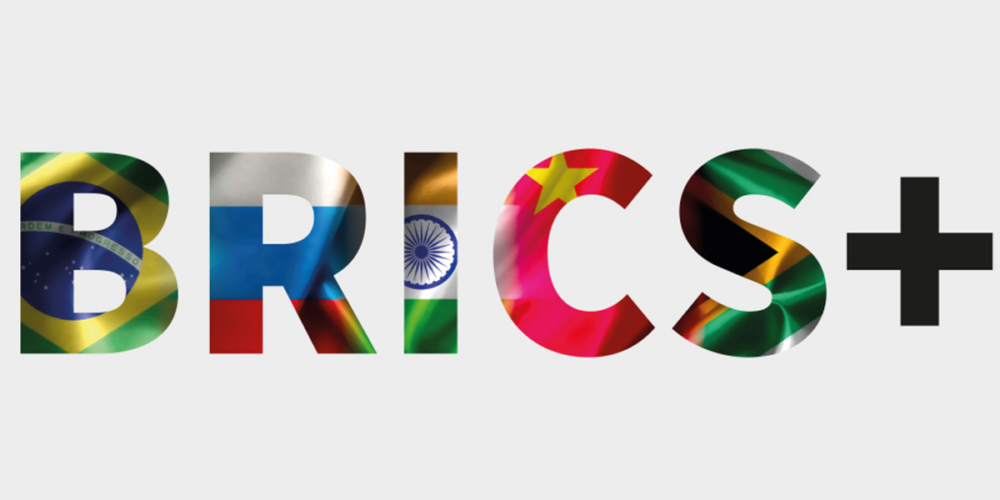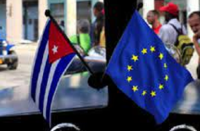The 15th summit of BRICS (Brazil, Russia, India, China, and South Africa) was held in South Africa in August under the slogan “Partnership for Mutually Accelerated Growth, Sustainable Development, and Inclusive Multilateralism.”
More than sixty countries from around the world participated in this summit, which made the momentous decision to admit into full membership, from January 2024, Argentina, Egypt, Ethiopia, Iran, Saudi Arabia, and the UAE.
President Xi of China in his speech at the summit noted that “the Cold War mentality is still haunting our world, and the geopolitical situation is getting tense.” He continued: “I am glad to see the growing enthusiasm of developing countries about participating in BRICS co-operation. And quite a number of them have applied to join . . . We need to accelerate the BRICS expansion process to bring more countries into the BRICS family.”
In addition to this, India also proposed that the African Union—made up of fifty-five countries and 1.3 billion people—be admitted as one block into the G20, similar to the way in which the EU sits within the G20. This would no doubt strengthen the position of countries such as South Africa and the other individual BRICS countries within the G20, shifting the balance of power within that structure.
Seen as a clear jab at the World Bank and the International Monetary Fund, the new president of the BRICS New Development Bank, Dilma Rousseff (former president of Brazil), was quoted as saying, “We repudiate any kind of conditionality. Often a loan is given that certain policies are carried out. We don’t do that. We respect the policies of each country.”
President Lula and President Putin in their speeches both noted the need to de-dollarise international trade and develop a new reference unit to increase trade within the BRICS countries and also those working with the New Development Bank.
These developments are likely to frustrate Washington, Brussels, and Tokyo, as a powerful alternative for political co-operation and economic development is strengthening outside their control.






